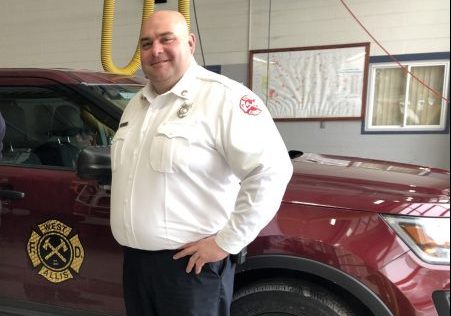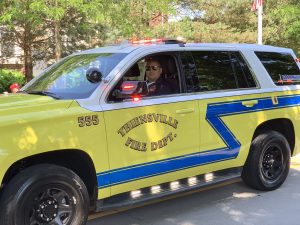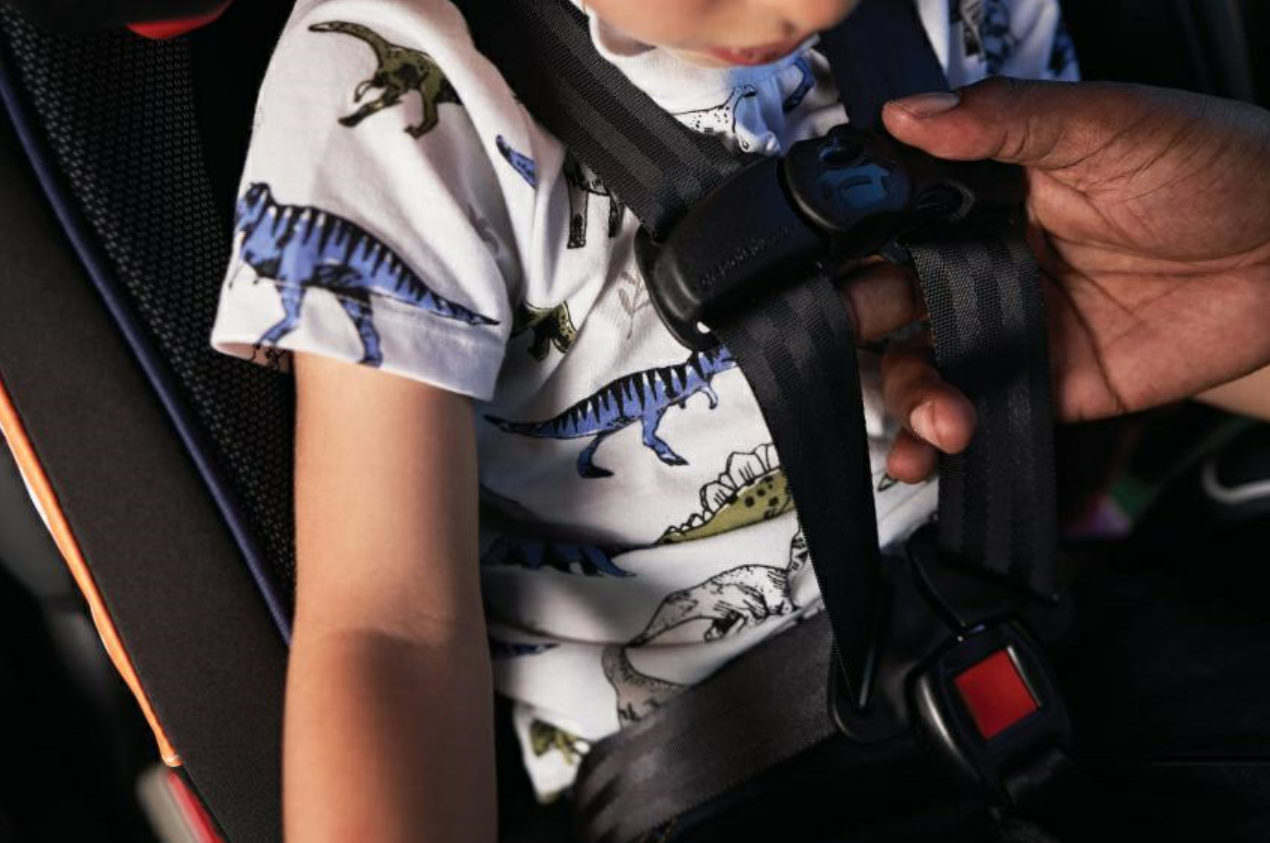All emergency medicine service (EMS) providers agree that one of their top priorities is keeping the members of their communities safe. That one goal can be complicated by a particular patient demographic, though: kids.
Kids aren’t just small adults, which is why they require a different level of care compared to the typical adult patients. Because of this, many EMS providers set out and make it their goal to educate both colleagues and the public.

Armando Suarez del Real, West Allis Fire Department
Educating Colleagues
Armando Suarez del Real, deputy chief for the city of West Allis Fire Department, specializes in caring for children while filling in the role of Pediatric Emergency Care Coordinator (PECC). As a PECC, Suarez del Real helps advocate for children by ensuring that pediatric equipment is available, that everyone at an EMS agency is familiar with protocols for pediatric patients, and by promoting agency involvement in injury prevention activities.
“My position as deputy chief for the fire department means that I have to protect and serve all of those in our community,” Suarez del Real explains. “We don’t have a lot of pediatric patients, so providers may not be as well versed with the tactics on caring for them which is why we need to promote education on caring for children. Our fire department wants to care for all age groups and patient demographics, and being a PECC helps do just that.”
PECCs are part of a project through the Wisconsin Emergency Services for Children (WI EMSC) and there are currently 181 PECCs in Wisconsin. PECCs ensure the pediatric perspective is included at EMS agencies by communicating with emergency departments and coordinating pediatric injury prevention activities and education.
When it comes to educating colleagues, Joel Deutsch, deputy chief at the Thiensville Fire Department, wants to make sure that pediatric patients are safely transported after being cared for.
“Most of the equipment in an ambulance is designed for adults as they are the primary population that we serve. So you can properly restrain an adult on our equipment, but a six month old child would easily fall out,” Deutsch explains. “At our monthly trainings we practice with our pediatric transport devices and I also go out to other agencies to discuss the important of safe transport and how to use the equipment which helps make them more confident when caring for children.”
Interested in adding a PECC to your agency? The process is simple. Learn more.
Educating the Public
A key aspect of safety and preventing emergencies is educating those who it may happen to. To do this, both Deutsch and Suarez del Real received education through Children’s Wisconsin.
Deutsch completed the Child Passenger Safety Technician certification on how to properly install and secure infants and children in car seats. The certification, explains Deutsch, can save a child’s life.

Joel Deutsch, Thiensville Fire Department
“When I took the Child Passenger Safety Technician course, I was in awe of how challenging car seats were and learned how complex they are,” Deutsch said. “I took a 40 hour course and felt that if I didn’t know enough, then parents may not either which is why I like to provide them with the education I learned to help properly secure their child in the car.”
When kids grow out of their car seats and eventually sit behind the steering wheel as the driver, Suarez del Real makes it his priority to educate them on safe driving. What Do You Consider Lethal?, a course available through Children’s Wisconsin, is an evidence-based program to reduce reckless and distracted teen driving crashes.
After taking the train the trainer course, Suarez del Real was able to educate teens on how to make sure that they are safe every time they get behind the wheel. After COVID-19 started, new drivers were exempt from taking the standard driver’s license test provided by the Department of Motor Vehicles. Because of this, the safe driving education provided in schools is needed now more than ever.
“We see a high volume of traffic accidents in our city, and a good portion of them are preventable,” Suarez del Real explains. “People can get a license without taking the road test and that’s scary for us. As a parent of kids of driving age, that worries me which is why the safe driving education is crucial to accident prevention.”
Interested in training on motor vehicle safety for children? There are many options. Contact Libbe Slavin.


